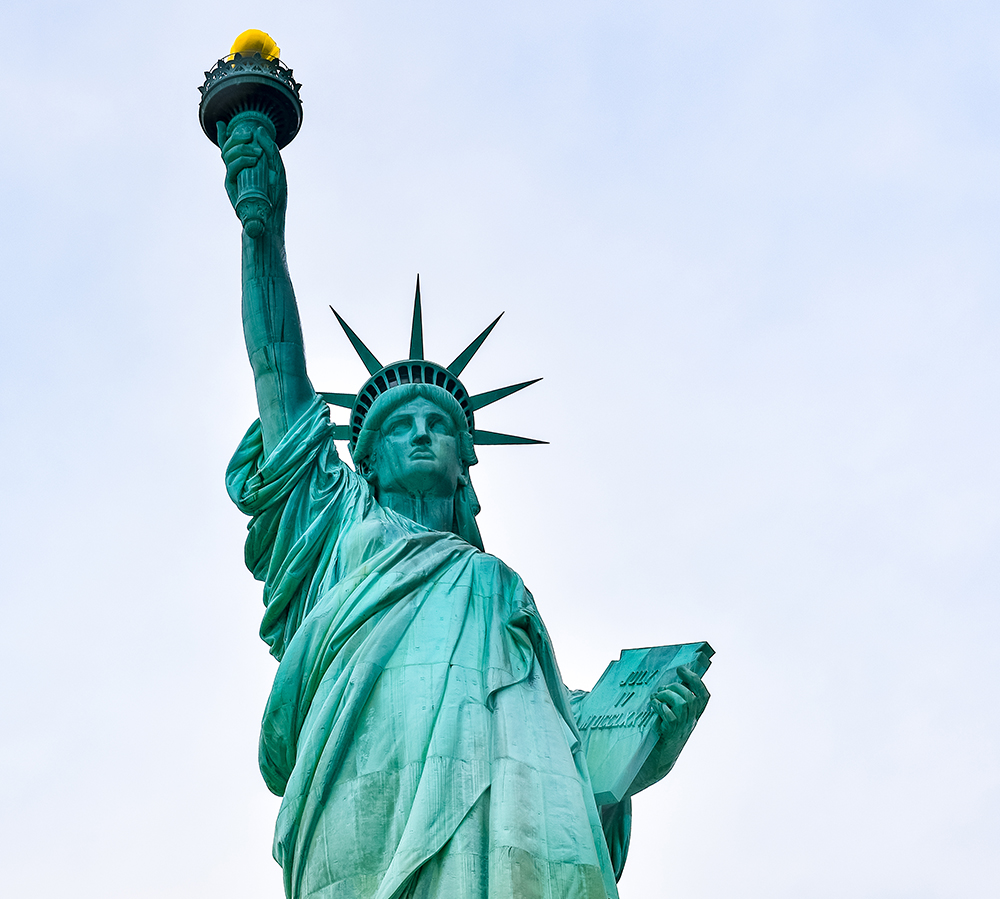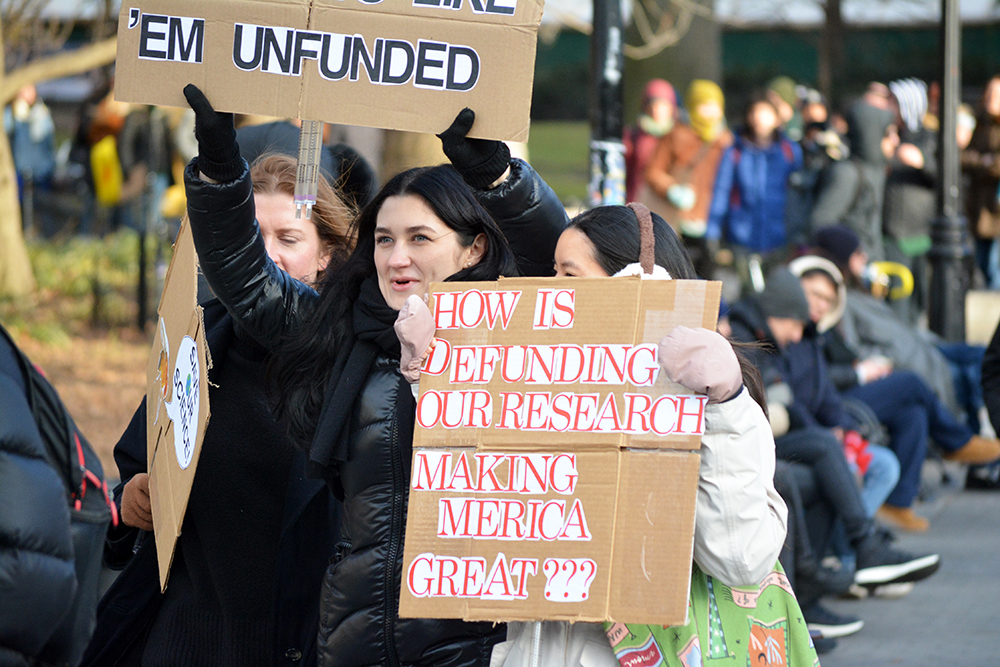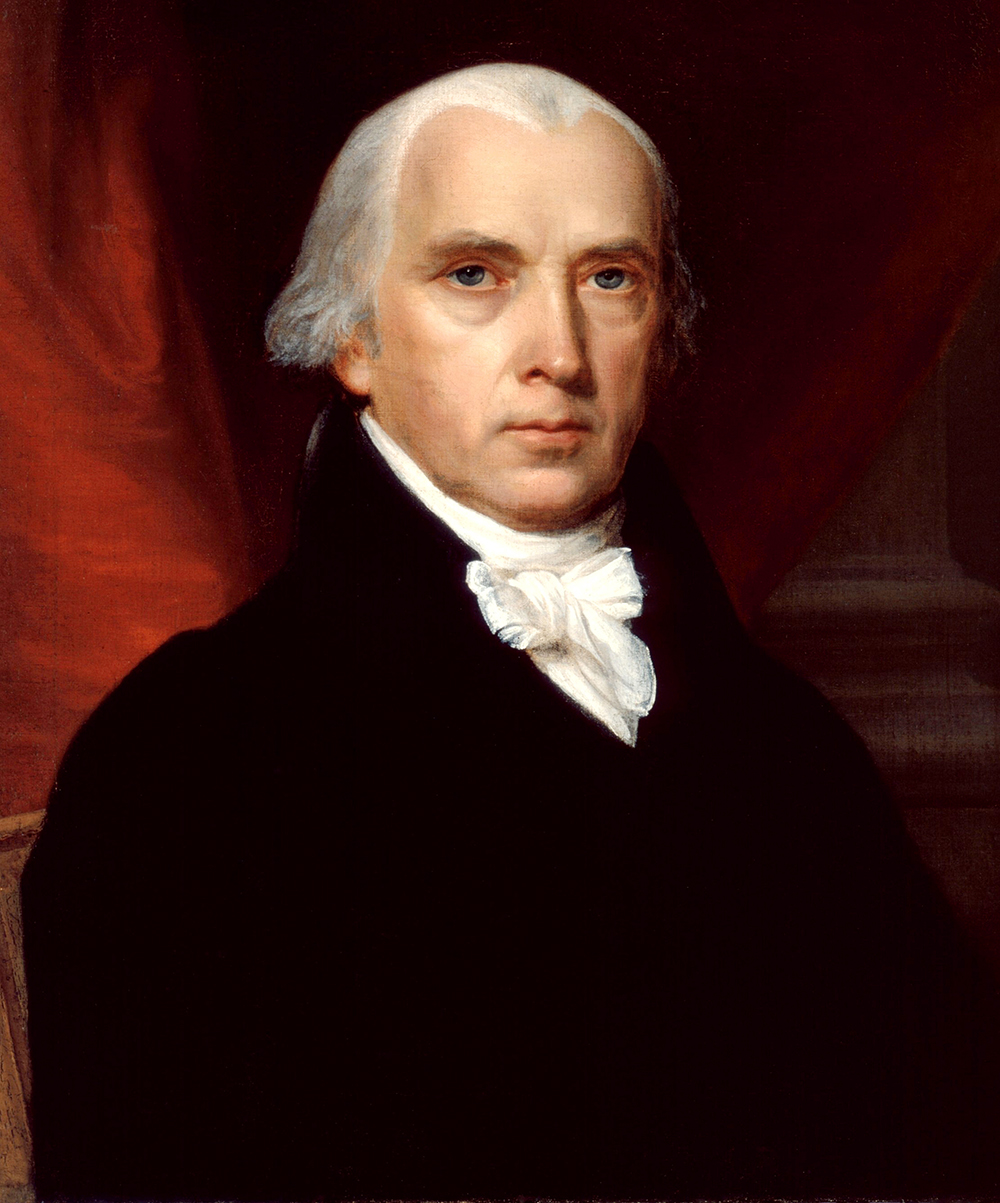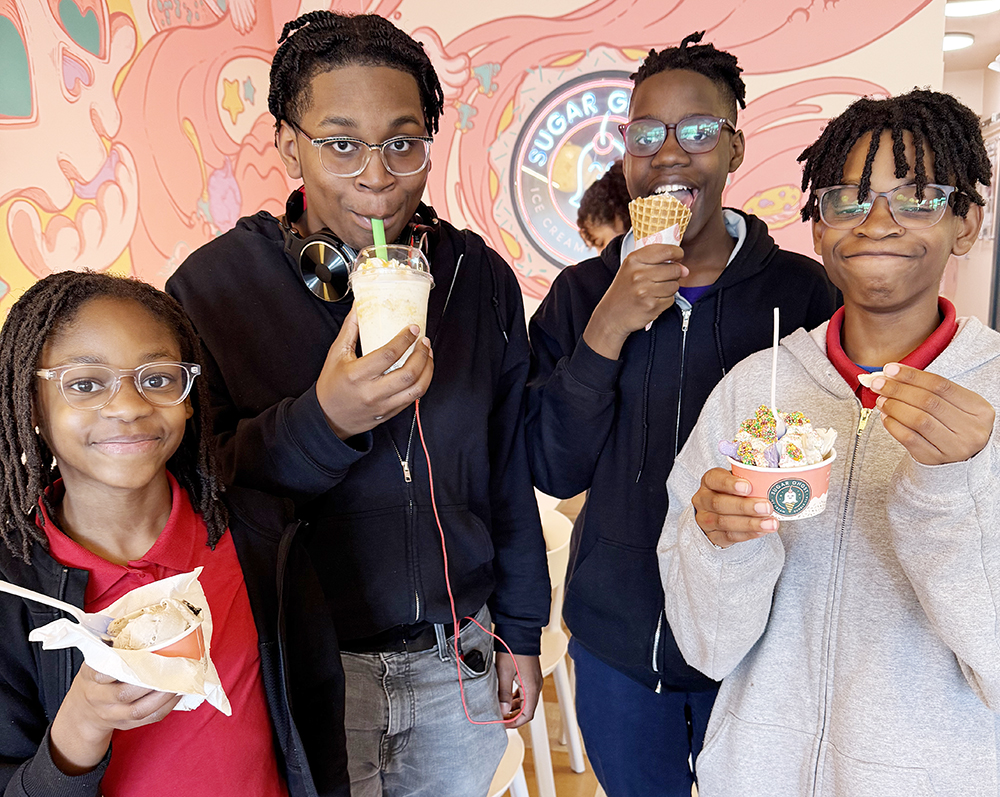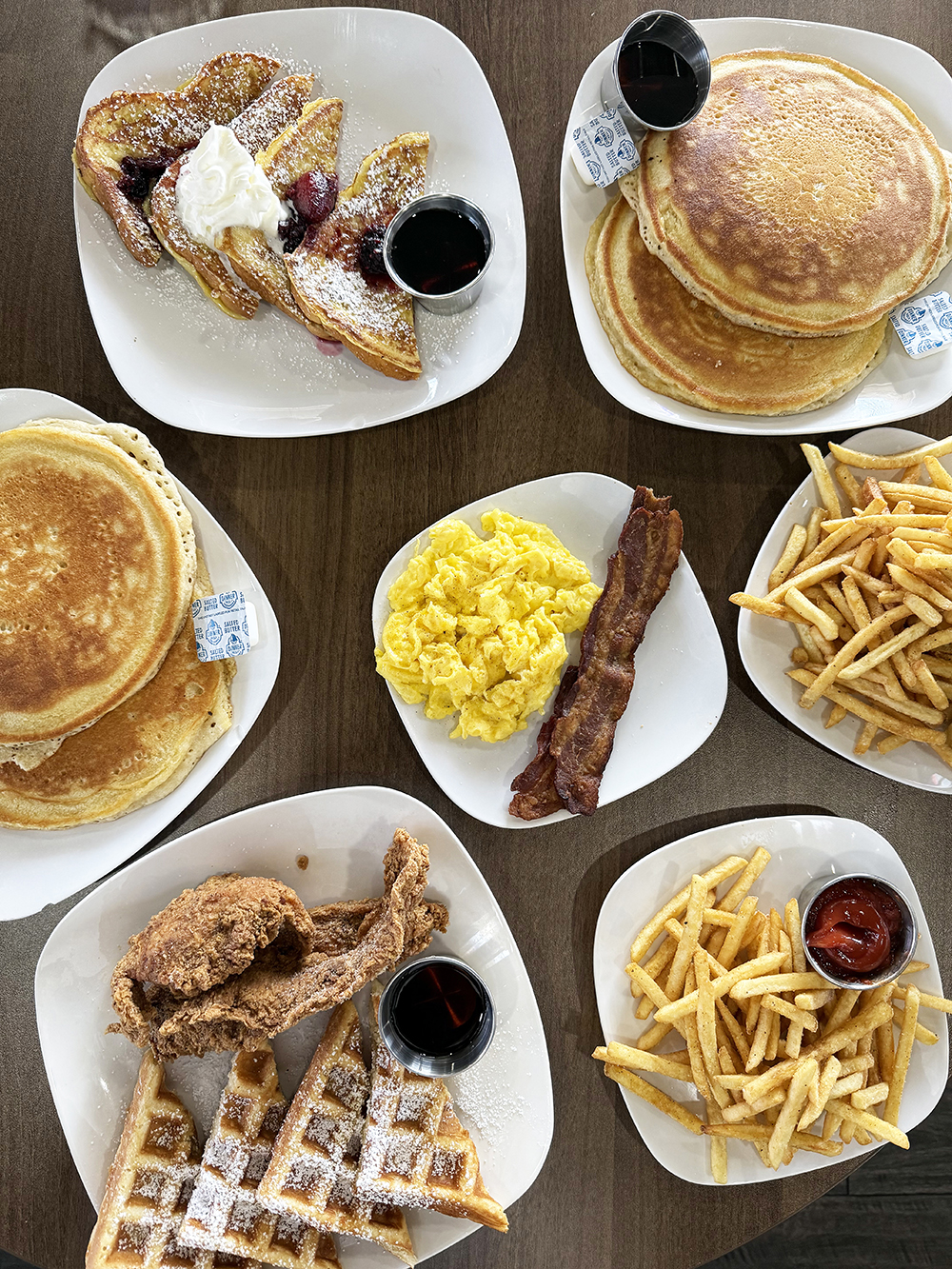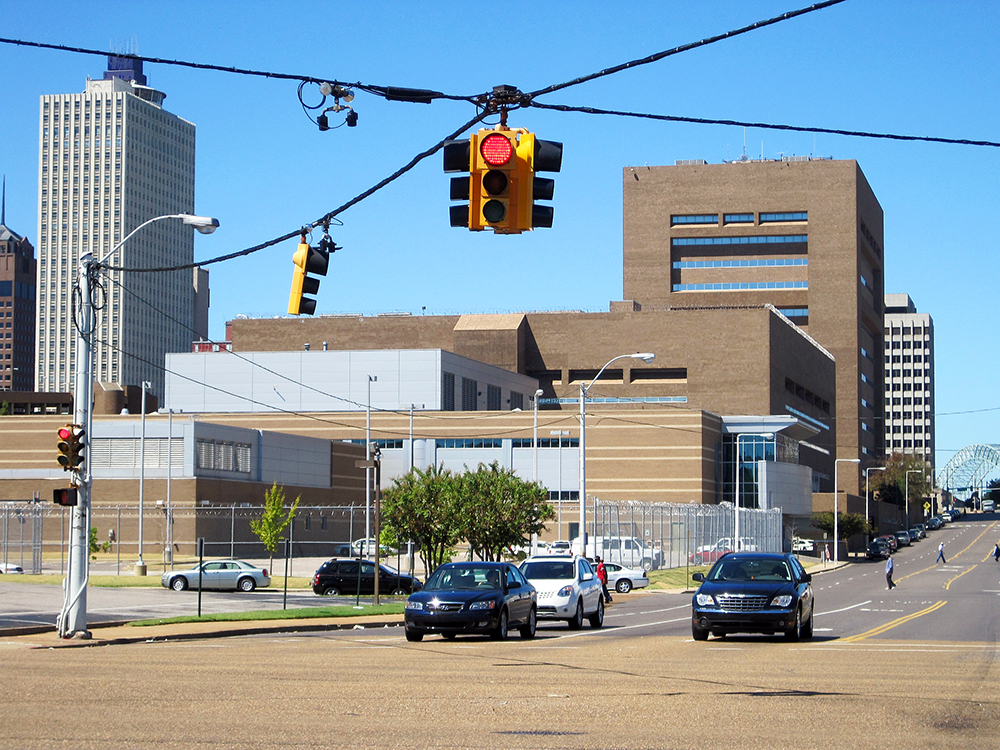’Tis the season for testing! While the weather is warming and most of us are eager to get outside, it’s a different season for our tweens and teens. I’m the grateful mom of four — an 11-year-old girl, twin 13-year-old boys, and a 16-year-old boy. This spring, they’re all facing end-of-year assessments. My middle schoolers are preparing for TNReady (TCAP), while my high schooler is tackling AP Exams, ACTs, and more. These tests are crucial for their next steps in education. Since hubby and I know the trajectory we want for their educational future, their performance matters. So we aim for balance during the testing season: work hard, play hard.
Get them tutoring or homework help
Parents, if you know that math isn’t your thing, don’t you go undoing all that hard work the teacher put in by trying to teach your child “how you did math 20-plus years ago.” While the procedural steps of mathematics haven’t drastically changed, the conceptual learning of math has. So leave it up to the professionals. My high schooler is involved with math that contains more letters and angles than numbers. Since there is nothing I can do to help him, I rely on outside resources. Check out tutoring or homework help at your school or local library. The Homework Hotline is still going strong! You can either get help with homework or free weekly tutoring at homeworkhotline.info. My favorite online resource is Khan Academy. It’s filled with standards-aligned content for a variety of subjects. What I love most are their “how-to videos” for math. Khan Academy is great if your tween/teen already has a foundation about a subject, but just needs more practice.
Ease up on them at home
During the testing season, my hubby and I absorb all the chores and cooking. Typically, everyone in the house has chores they are responsible for, including the parents. We find it best to consistently model the expectations rather than only voice them. But during testing, hubby and I divide the chores among only us. The kids simply come home and have a little down time before reviewing the next day’s testing subject. We do ask them to be considerate and clean up after themselves as much as possible.
We also absorb all the cooking responsibilities. Just like the chores, everyone is responsible for cooking a healthy meal at least one night a week. But not during testing season! For three to four weeks, hubby and I cook every meal. Yes, it adds more to our plate after a long workday, but our future goals are not hinged upon our performance on one test. So we do whatever we can to ensure that our kids have space for rest and review.
Extracurricular activities
Last year, we made a huge mistake. We removed extracurricular activities from the schedule during testing season. No ballet practice. No video games. No random outings. After school, the kids were instructed to come home, do nothing, then study a little bit. While they were okay for the first few days, energies began to increase because they did not have a creative outlet.
It didn’t take long for the lack of creative outlets to shake things up. Activities like ballet, gaming, and random outings weren’t just fun pastimes — they were little mood-boosters and motivators. Creative outlets gave them a way to let off steam, express themselves, and come back to their studies feeling refreshed. Without them, all that extra energy had nowhere to go, which only led to bickering and boredom.
I’m a huge fan of the Memphis Public Libraries. They have a ton of activities for tweens/teens to get involved in. Dungeons & Dragons, music labs, videography, Drumming 101, chess, crafts, and so much more! If you’re looking for a creative outlet for your tween/teen, check out the activities at the Memphis Public Libraries.
Testing season can be tough, but it doesn’t have to be miserable. A little balance goes a long way! From tutoring help and lightening their chores to letting them enjoy their favorite activities, it’s all about setting them up for success. And, once again, don’t sleep on the Memphis Public Libraries — they’ve got tons of cool programs to keep kids inspired and refreshed. At the end of the day, we’re just here to cheer them on and help them do their best!
Patricia Lockhart is a native Memphian who loves to read, write, cook, and eat. By day, she’s an assistant principal and writer, but by night … she’s asleep.


